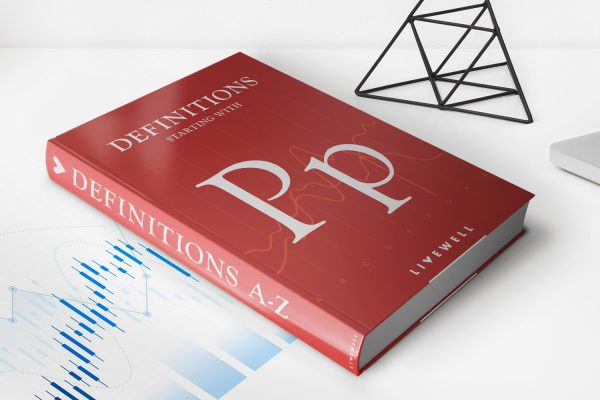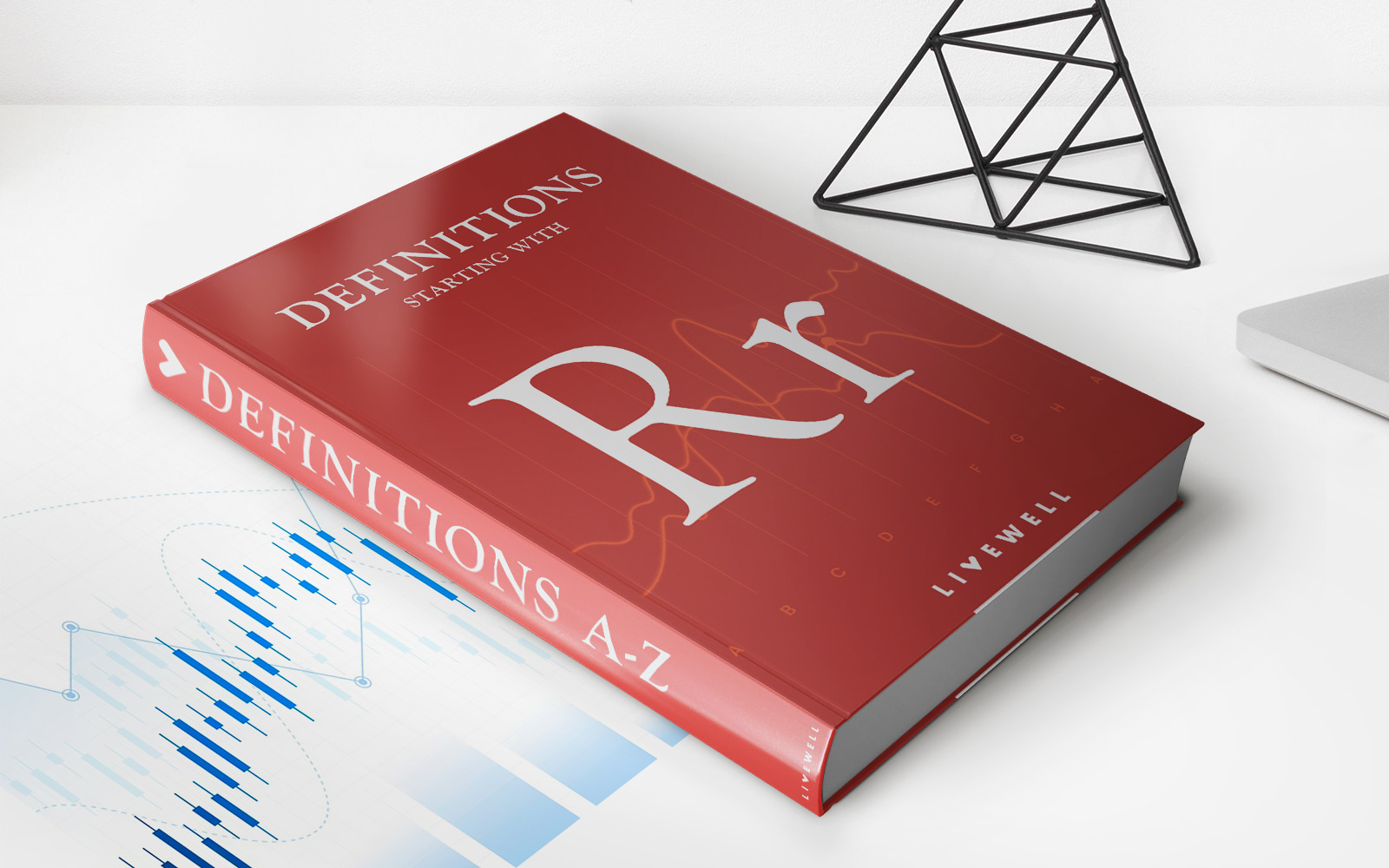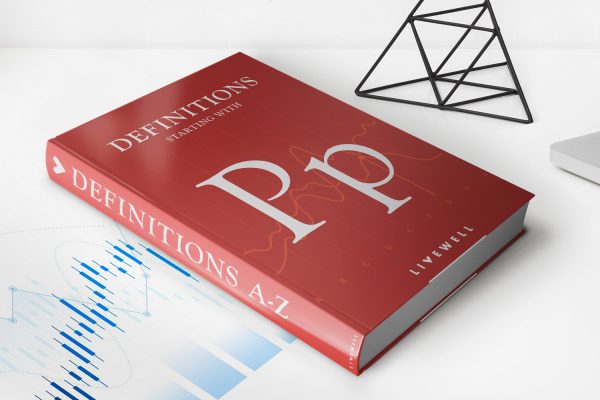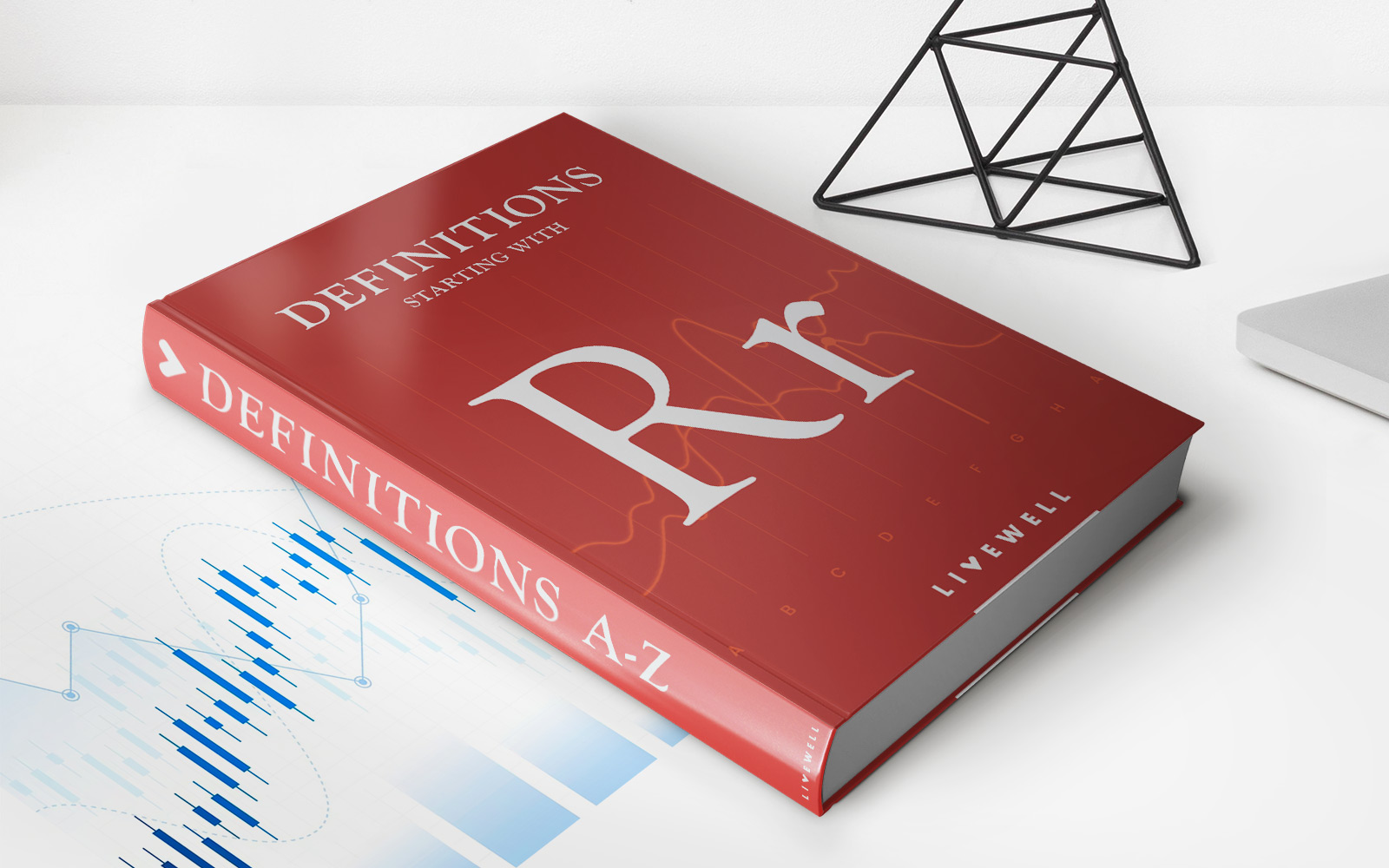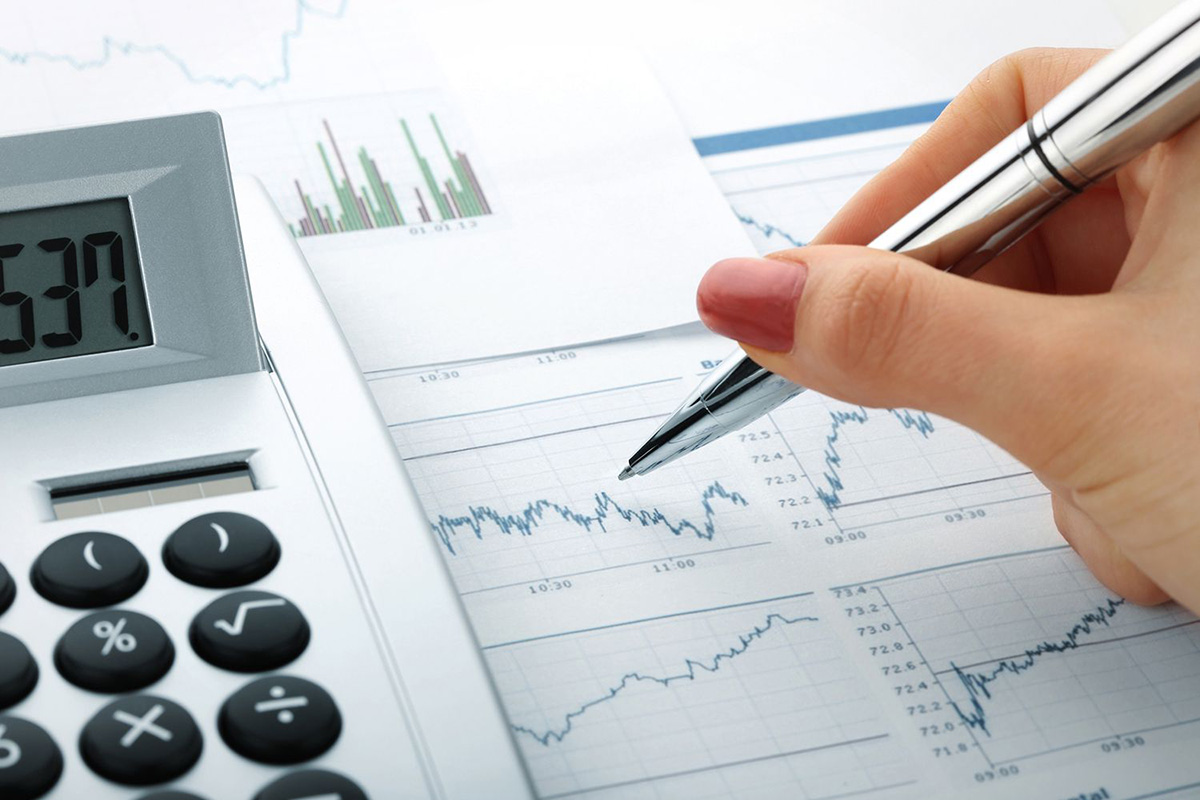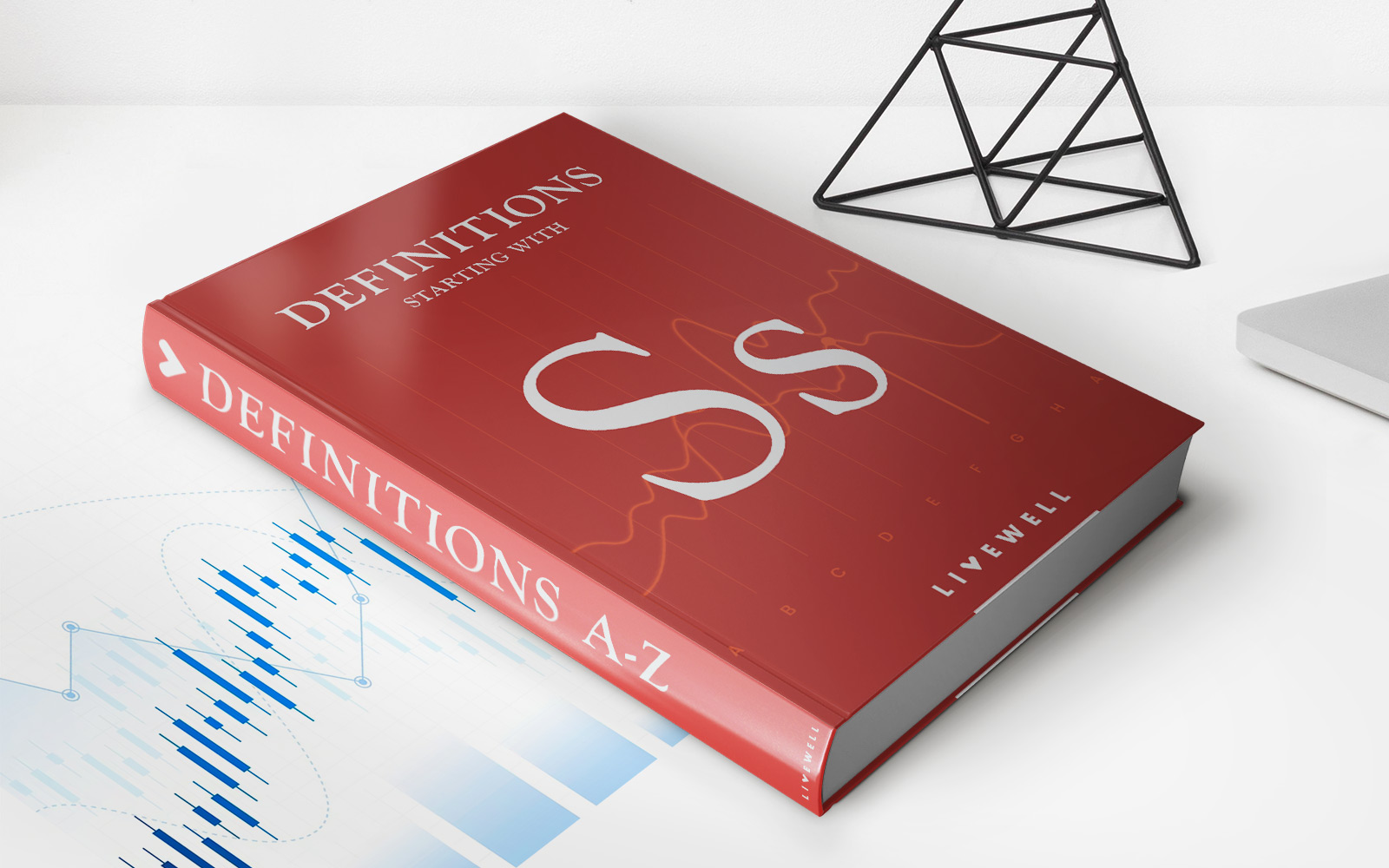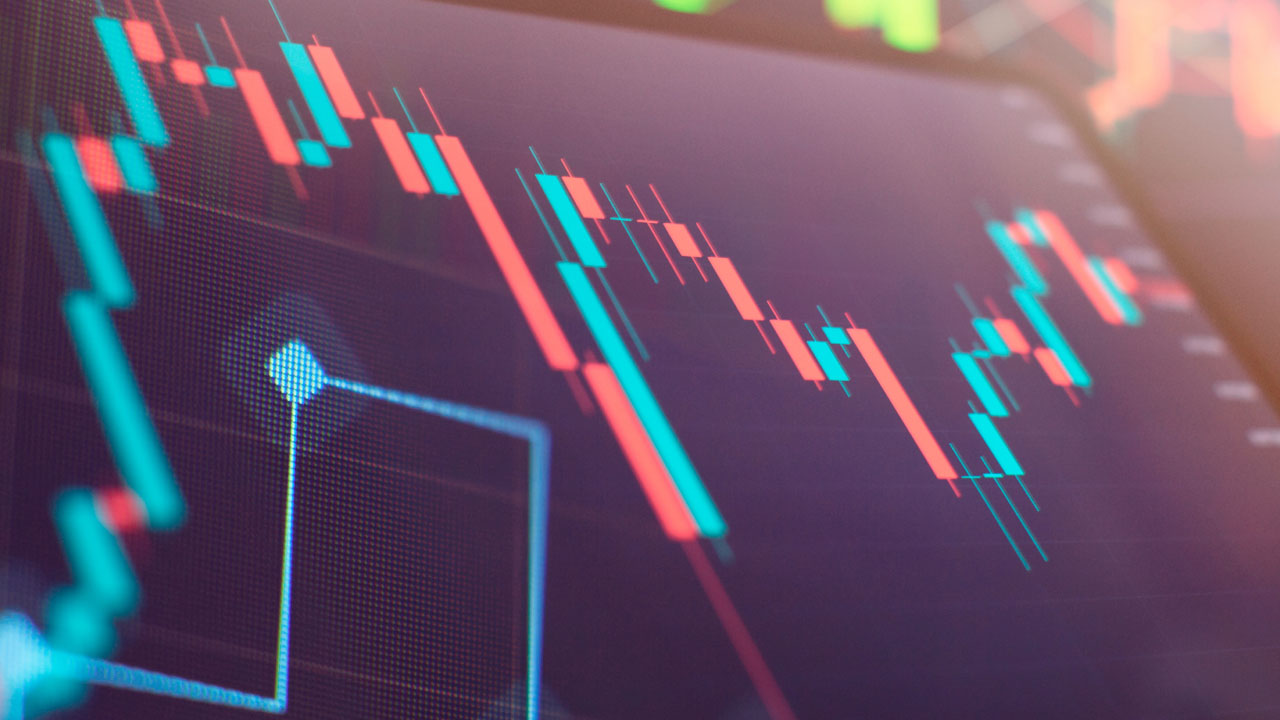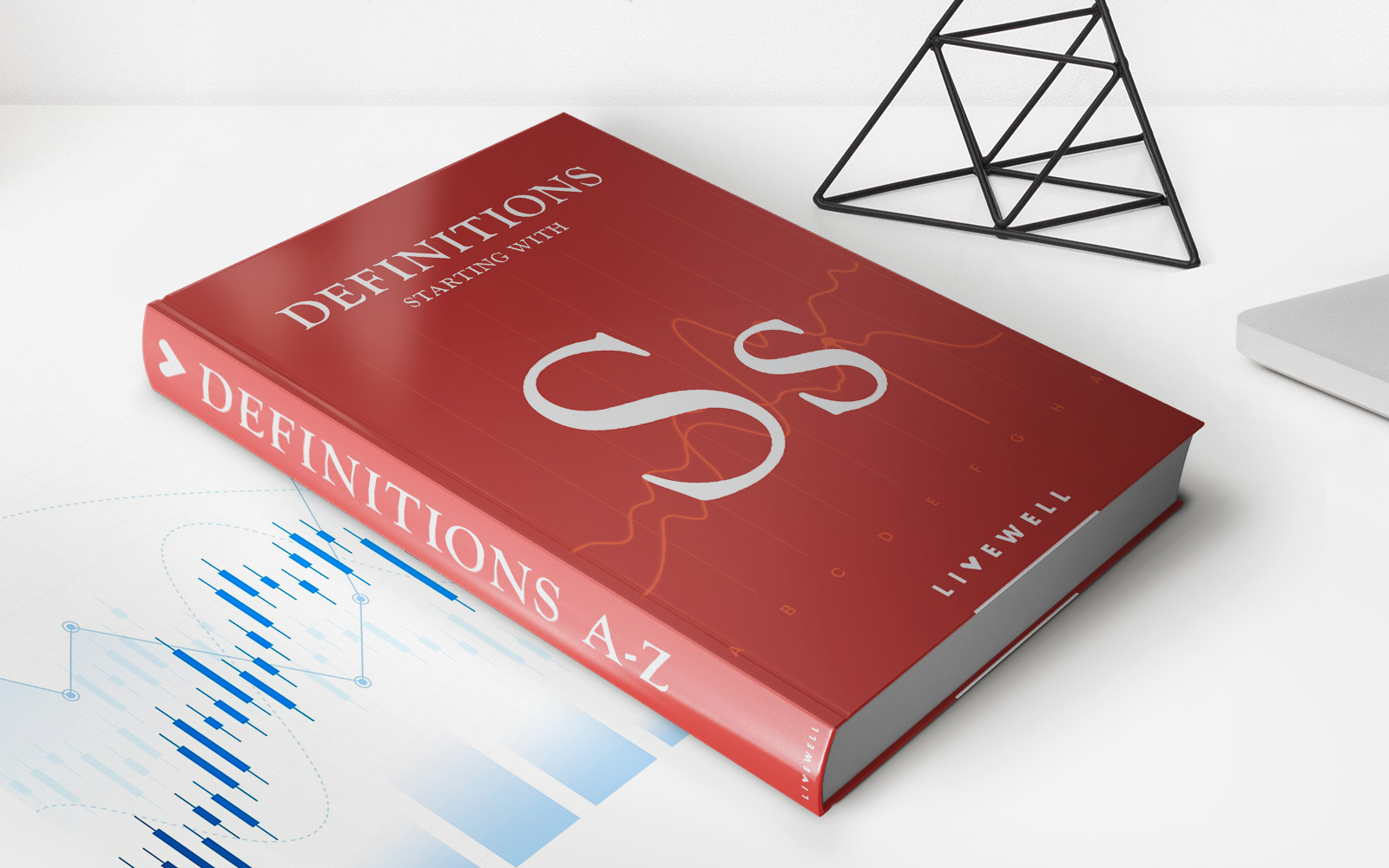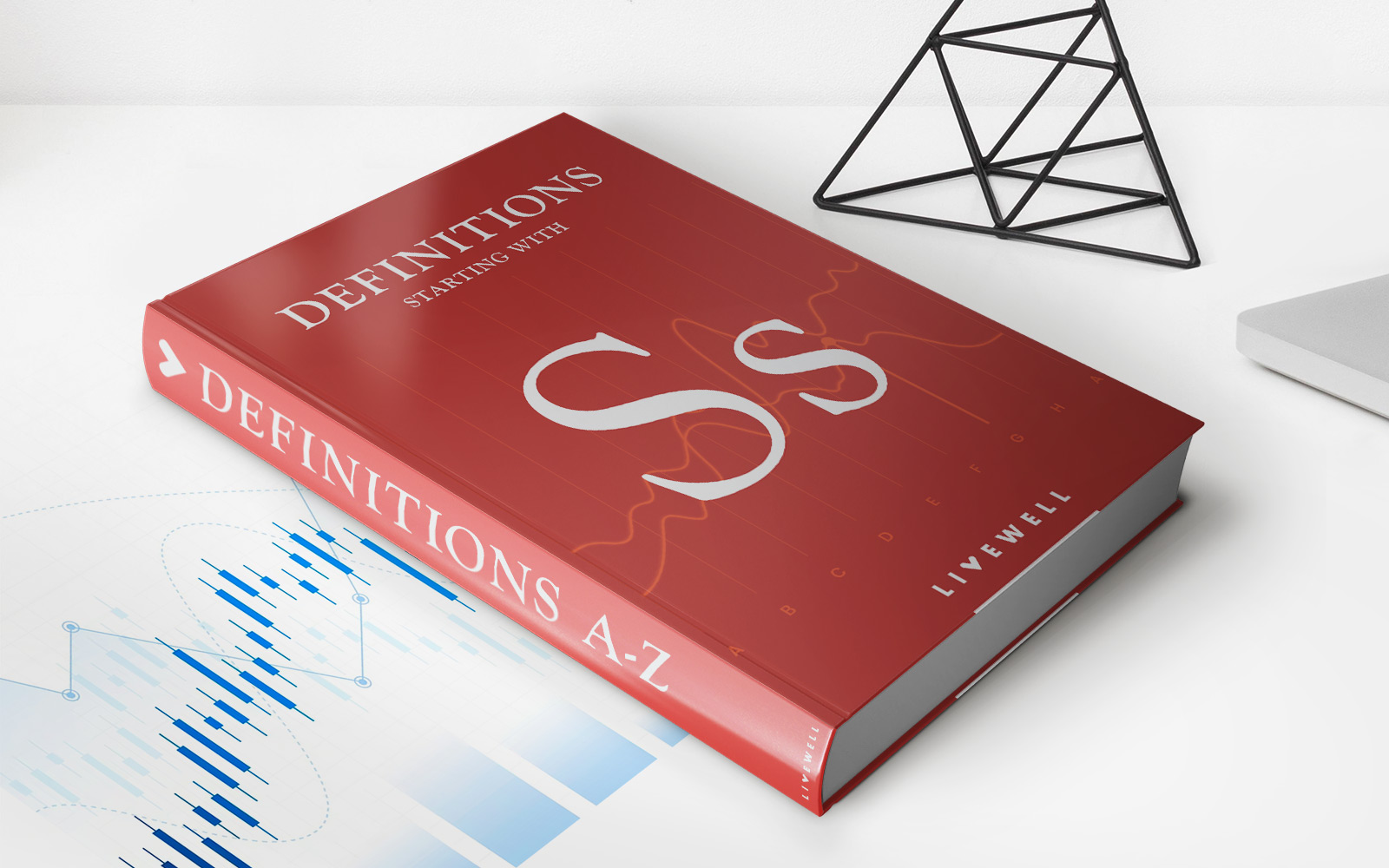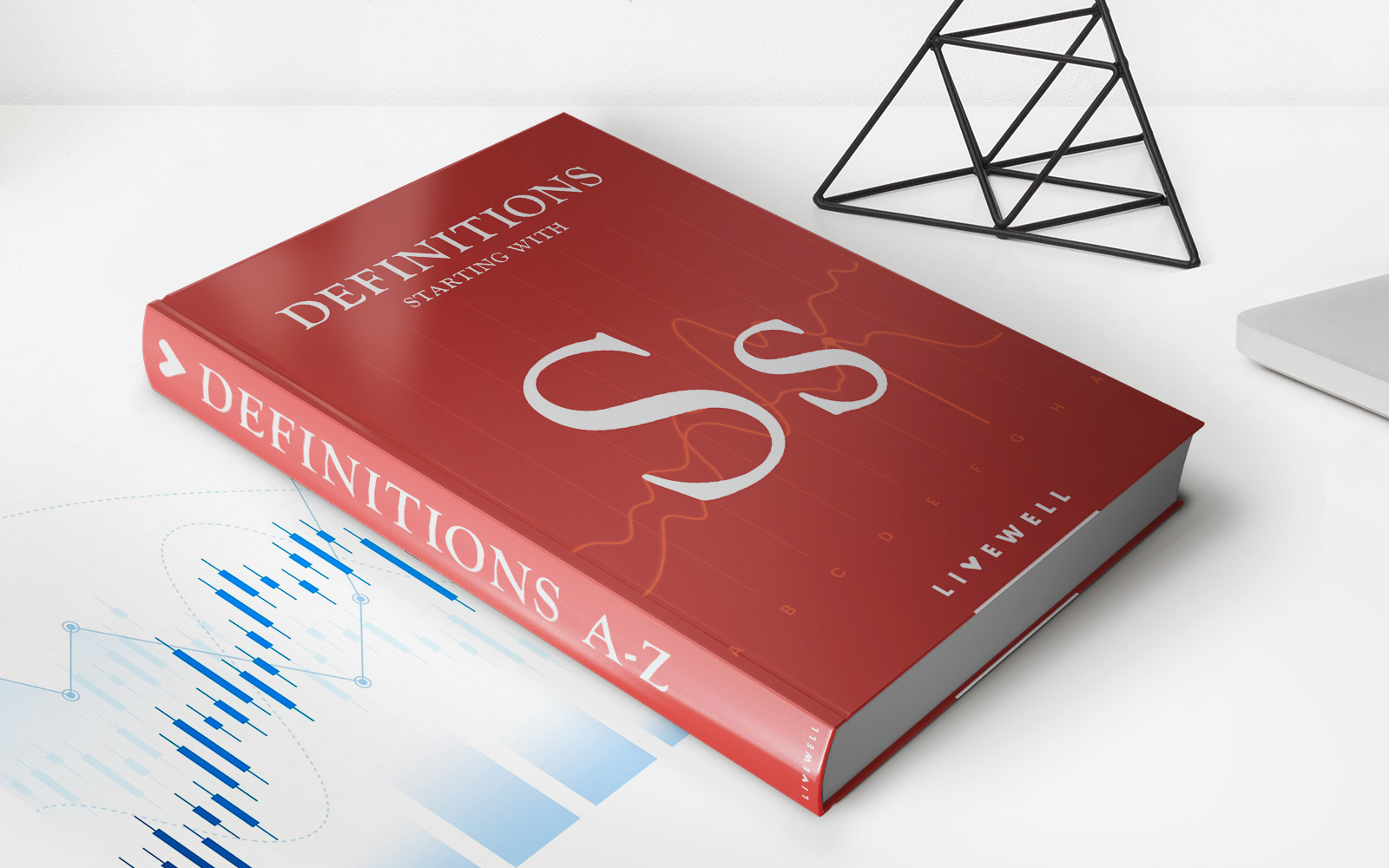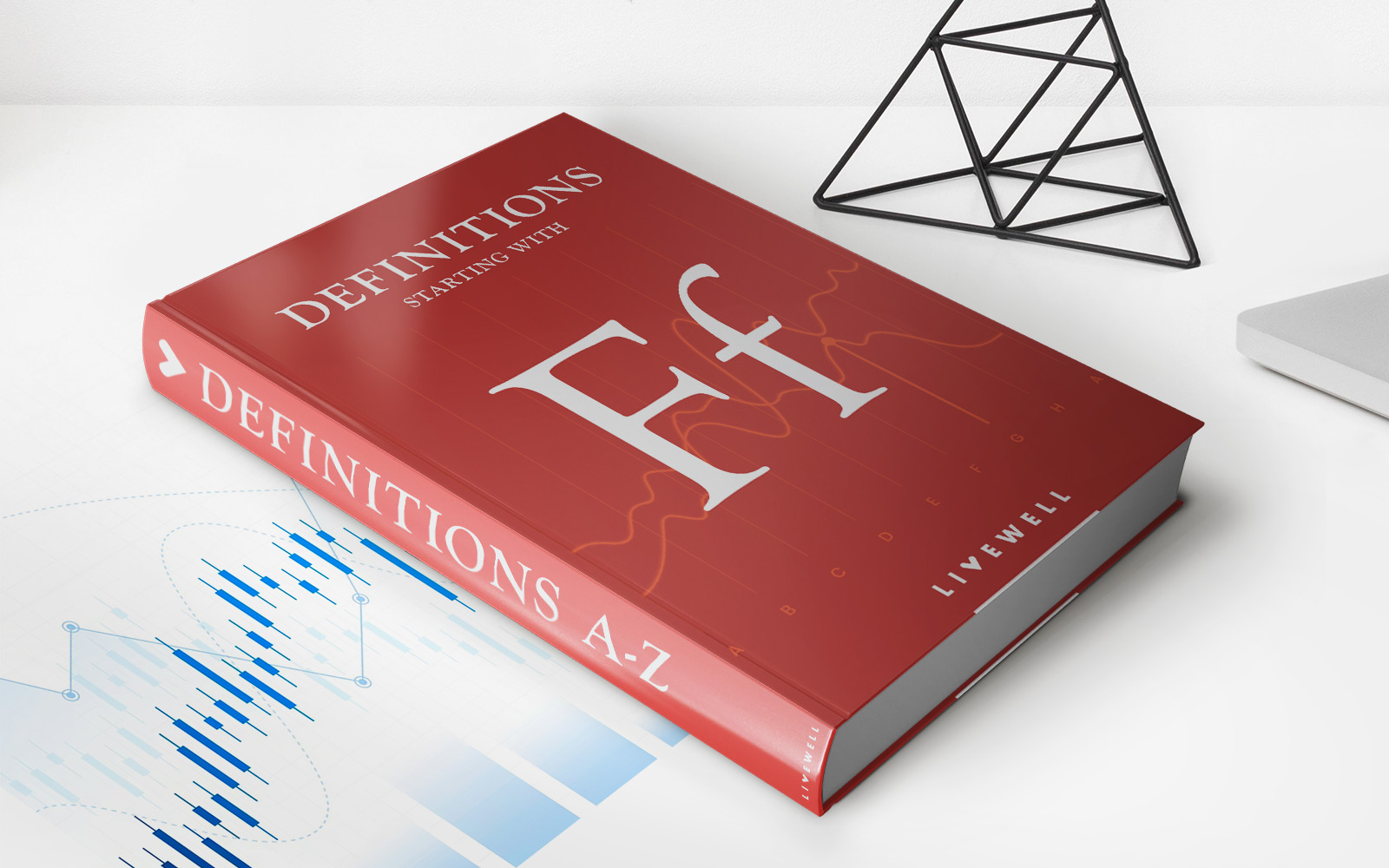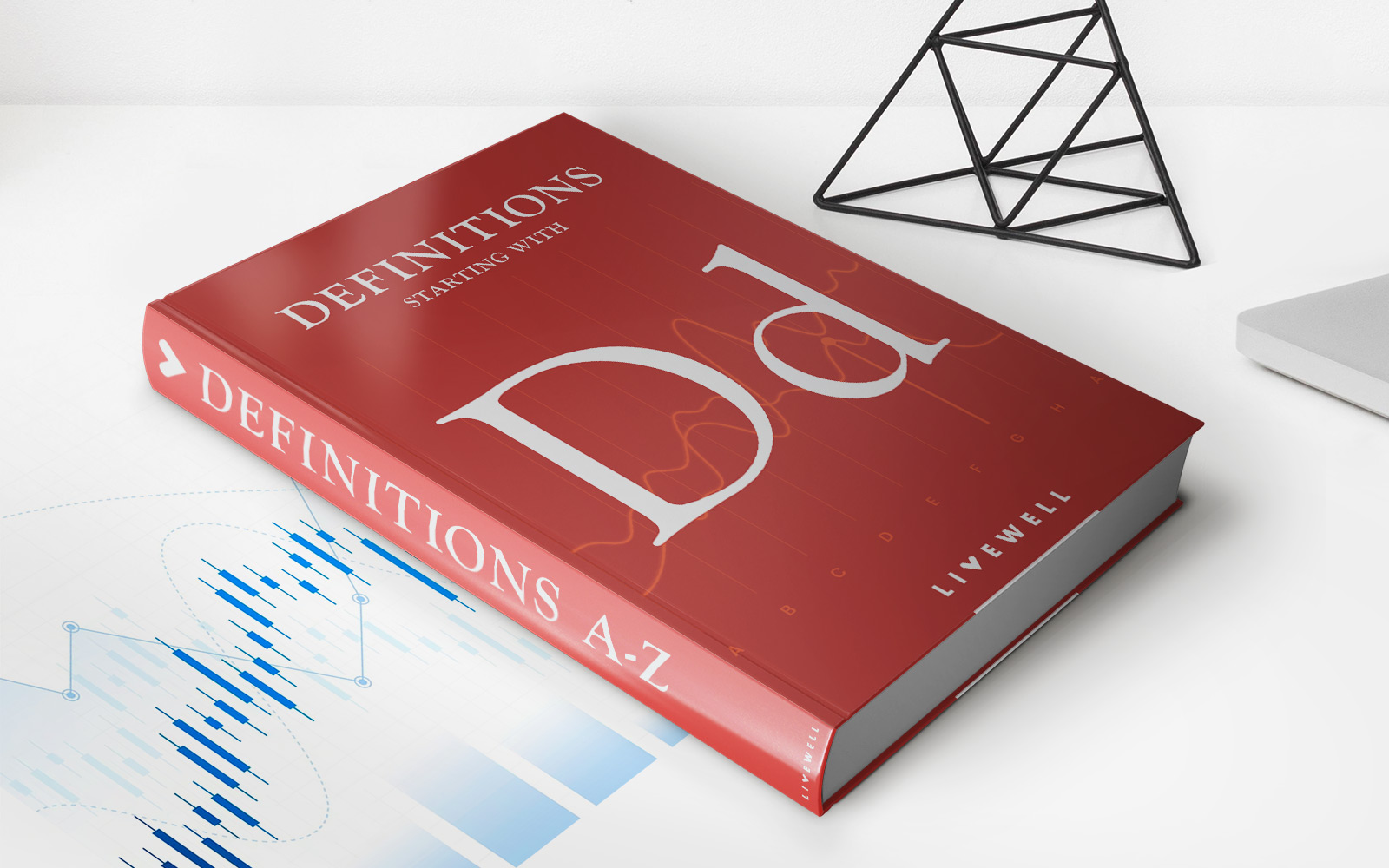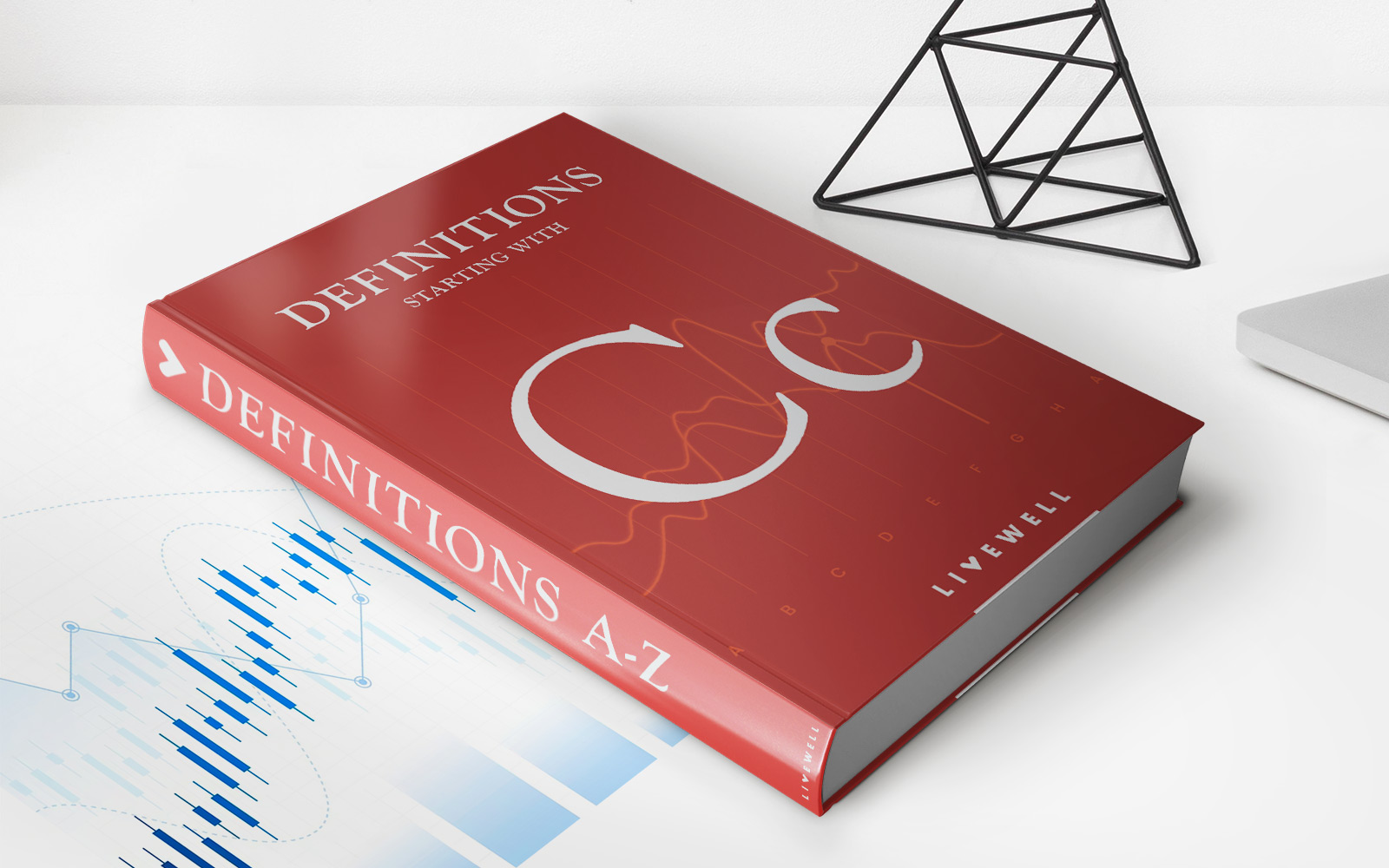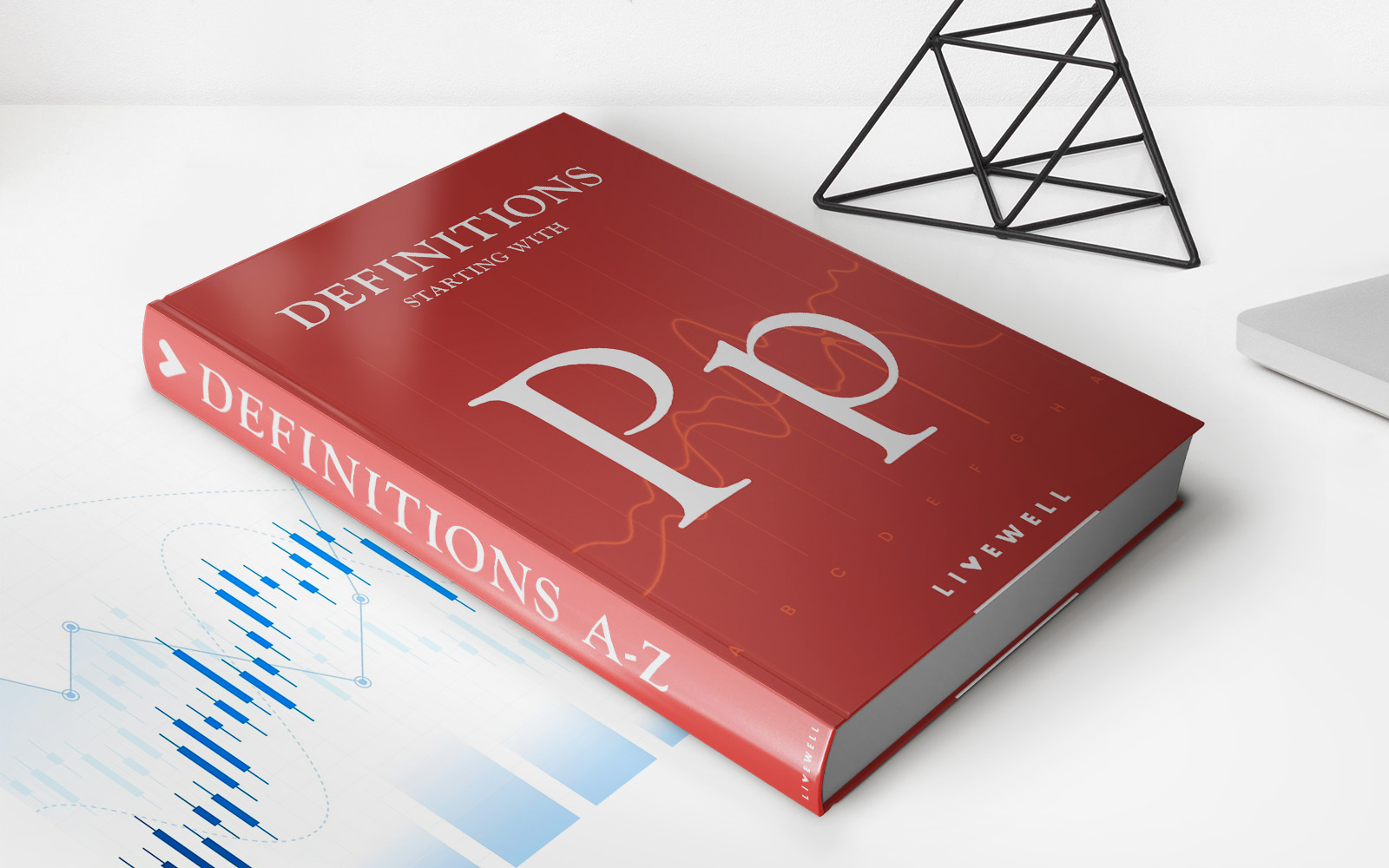Home>Finance>What Is Speculative Risk? Definition, Examples, Vs. Pure Risk
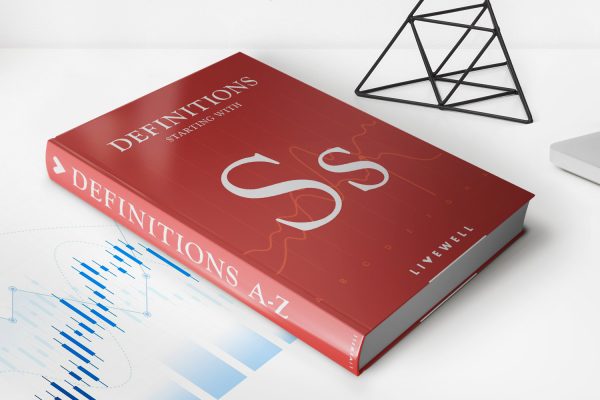

Finance
What Is Speculative Risk? Definition, Examples, Vs. Pure Risk
Published: January 31, 2024
Learn the definition of speculative risk in finance, along with examples and how it differs from pure risk. Understand the concept to make informed financial decisions.
(Many of the links in this article redirect to a specific reviewed product. Your purchase of these products through affiliate links helps to generate commission for LiveWell, at no extra cost. Learn more)
What Is Speculative Risk? Definition, Examples, Vs. Pure Risk
Welcome to our Finance category, where we explore various aspects of the financial world. Today, we delve into the concept of speculative risk. Speculative risk, also known as business risk, involves the possibility of gaining or losing value based on uncertain outcomes or fluctuations in financial markets. In this blog post, we will define speculative risk, provide examples to illustrate its nature, and compare it to the concept of pure risk.
Key Takeaways:
- Speculative risk involves potential gains or losses based on uncertain outcomes in financial markets.
- Examples of speculative risk include investing in stocks, real estate, or starting a new business.
Understanding Speculative Risk
Speculative risk is inherent in many financial endeavors, where the outcome is uncertain and dependent on market fluctuations. Unlike pure risk, which is typically associated with events outside of our control, speculative risk involves deliberate actions taken with the aim of earning a profit.
Examples of Speculative Risk:
- Investing in Stocks: When individuals or entities buy stocks, they are speculating on the potential growth and performance of the company. The stock market is influenced by various factors, such as economic conditions, industry trends, and company performance. Investors take on the risk of losing value if the stock price decreases or gaining value if it increases.
- Real Estate Investments: Buying and selling properties, whether residential or commercial, involves speculative risk. The value of real estate can fluctuate due to factors like changes in the housing market, interest rates, and neighborhood development. Investors aim to earn a profit by purchasing properties at a lower price and selling them at a higher price in the future.
- Starting a New Business: Entrepreneurs who start their own businesses also face speculative risk. The success of a new venture depends on various factors, such as the market demand for the product or service, competition, and the ability of the business owner to manage and grow the company. The possibility of failure and financial loss is ever-present, but the potential for substantial profits can also be enticing.
Speculative Risk Vs. Pure Risk:
While speculative risk involves potential gains or losses based on uncertain outcomes, pure risk is characterized by the possibility of loss without the potential for financial gain. Pure risk events typically fall into categories like natural disasters, accidents, or illness, where individuals or businesses face financial losses without the possibility of making a profit.
To summarize, speculative risk differs from pure risk in that it involves deliberate actions taken to potentially earn a profit. Examples of speculative risk include investing in stocks, real estate ventures, and starting a new business. On the other hand, pure risk is associated with events beyond our control that may lead to financial loss without any potential for gain.
We hope this blog post has provided you with a clear understanding of speculative risk and its distinction from pure risk. Remember to weigh the potential rewards against the inherent uncertainties before embarking on any speculative financial endeavors.
